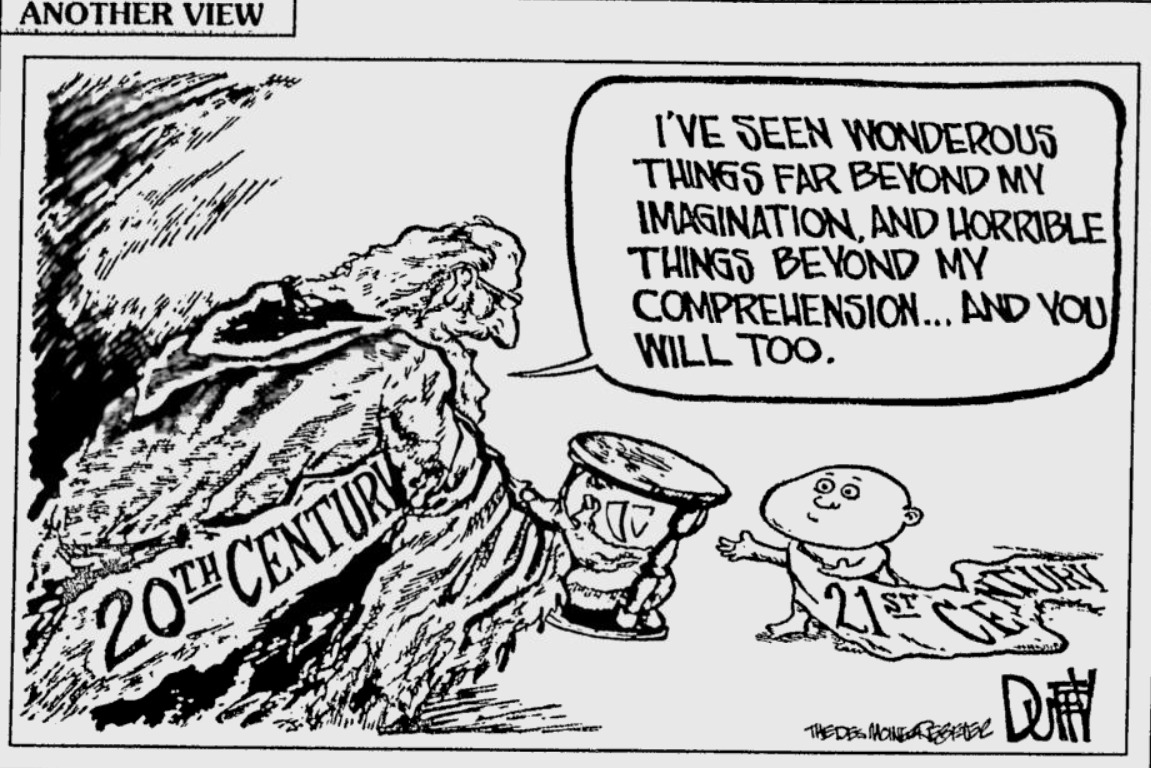Experts’ predictions miss their mark
Economists expect a strong 2000, but 1999 forecasts were far from accurate. Some say consumers will dictate the market’s direction.
NEW YORK (AP) – As the year winds down with the U.S. economy roaring toward the longest expansion ever and the stock market setting new highs, economists say they expect the good times to roll into 2000.
But can they be trusted? Their predictions for 1999 were anything but glowing or accurate.
A consensus of 50 top Wall Street stock pickers was off by 2,000 points in group’s prediction of where the Nasdaq composite index would end the year.
Forecasts for the economy were no more prescient.
Last year at this time, the consensus estimate among economists for annual growth came in at just over 2 percent. But yearend estimates for overall economic growth in 1999 now stand at about 4 percent.
Estimates for 2000, meanwhile, range from 3.1 percent to 3.8 percent.
“It’s very, very difficult to make economic forecasts,” said Victor Zarnowitz, a University of Chicago economist and research fellow at National Bureau of Economic Research.
This year also had an added wrinkle: fears of a looming Year 2000 computer problem.
Market observers also said few professional analysts could have predicted this year’s stock run-up because Wall Street analysts base their forecasts on such traditional benchmarks as earnings and revenues. But many of the technology companies that helped fuel this year’s surge defy those traditional standards.
“In the past, the market set the stock price based on a history of earnings or demonstrated revenues,” said Rao Chalasani, chief investment strategist at First Union Securities in Chicago. “Now it’s gotten to the point where the market is financing ideas.”
Business Week magazine last year asked 50 stock pickers to predict the yearend figures for both the Dow Jones industrial average and the Nasdaq composite index.
The average yearend forecast for the Dow Jones average came to 9,567, more than 16 percent below Thursday’s close of 11,452.86.
For the Nasdaq, the forecasters predicted an average yearend figure of 2081, below where it began the year and nearly half of Thursday’s closing figure of 4,036.87.
Heading into 2000, economists and industry groups are forecasting a slight cooling of the economy. While domestic growth is expected to slow a bit, particularly if the Federal Reserve raises interest rates, U.S. companies should thrive as resurgent Asian and Latin American nations buy American-made consumer goods and technology, the thinking goes.
Chalasani said the market likely will soar even higher in 2000, but he expects a relatively modest gain of 10 percent by year’s end.
Consumers could be the wild card in determining whether the economy continue to roar.
Mark Tebbano, of Albany, N.Y., said he’s optimistic that the new information age will keep the economy and the stock markets moving higher. If there’s any extra money after helping three of his children with college tuition, it’s going into the market, he said.
“I think we can continue,” he said. “I think with new technology companies the world’s opened up. We’re in a good spot in the U.S. because there’s a lot of untapped markets.”
